Head, heart, or gut—where do you lead from?
Here’s an observation I’ve always been perplexed by: why us business folk obsess over ‘data-driven decision making’, when the greatest leaders in history attribute their success to something else entirely—a knowing.
Mahatma Gandhi, 1930s — “Sometimes we have a positive feeling that something in us prompts us to do a certain thing.” (activism)
Winston Churchill, 1940s — “Never give up on something you feel in your heart.” (war)
Mother Teresa, 1946 — “I was called. I had no choice but to follow.” – Mother Teresa (charity)
Bruce Lee, 1970s — “Don’t think. Feel.” (entertainment)
Quincy Jones, 1985 — “Leave your ego at the door.” (music)
Kobe Bryant, 2000s — “You just know.” (sport)
Steve Jobs, 2005 — “You have to trust that the dots will somehow connect in your future.” (technology)
Richard Branson, 2008 — “I rely far more on gut instinct than researching huge amounts of statistics.” (entrepreneurship)
Elizabeth Gilbert, 2009 — “Your job is to show up and let the genius pass through.” (literature)
Oprah Winfrey, 2013 — “Your life is always speaking to you. Are you listening?” (media)
Barack Obama, 2020 — “The best decisions I’ve made have come from my gut.” (politics)
What’s going on here? Do these senses contradict? Are we following the wrong one? Or is it about how they interact?
I’ve spent years with these questions—inquiring, experimenting, observing. To say the revelations have been completely life-altering is not an understatement.
Here are some keys to a world that, for many of us, has been hidden in plain sight. Use them wisely. They may just lead to everything you’ve been searching to find.
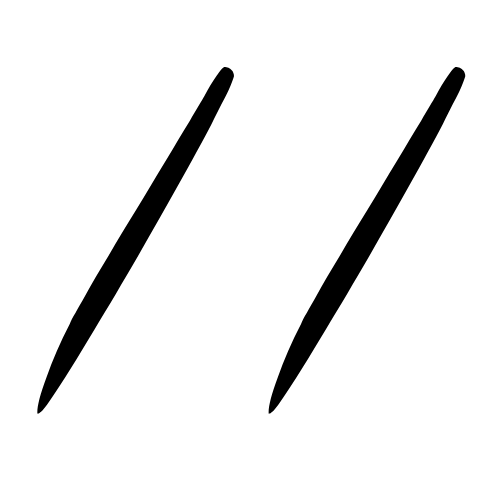
Certainty.
It’s what the Western world is built on (or the illusion thereof).
We believe we can trust what we can measure—and until then, we can’t.
But now, standing at a precipice—with quantum computing and limitless, instantaneous information on our doorstep—it’s time for a check-in.
Our economies, institutions, and leadership models all hinge on a golden trio of logic, proof, and predictability. And with good reason.
These brought order to our chaos. They gave us a shared language for truth, a means of minimising risk, and a framework for making decisions at scale.
The systems we’ve built are extraordinary. We’ve cured diseases, sent people to space, rebuilt economies from collapse, and put the entirety of human knowledge in the palm of our hands—literally.
As a human family, we should be exceptionally proud of our discoveries.
But now, standing at a precipice—with quantum computing and limitless, instantaneous information on our doorstep—it’s time for a check-in.
We have to ask ourselves:
1) At what point does reliance become overdependence? Have we lost our ability to sense and interpret what isn’t observable?
2) What do we do with all this information? With access to all paths, how do we choose which one to take?
3) Do we really have control, or have we confused influence with ownership? How much is ours to decide, versus ours to surrender?
4) And, most crucially, have we truly considered our role? Is it time we humbled ourselves to a power beyond our comprehension—the quiet intelligence that keeps the world moving, when we don’t—and consider that we are not architects, but stewards?

Here’s our current reality.
We can model, measure, and map every course of action—including its conceivable outcome. We’re predicting behaviours, forecasting economies, and training AI to recognise patterns that increase our visibility.
The certainty we sought? We’re as close as we can to achieving it.
And yet, everyone is more uncertain than ever.
Leaders—grappling with volatile markets, shifting consumer expectations, and decision fatigue. In a time where every move is scrutinised—and there are infinite, infinitely scrutinisable moves to make!
Teams—paralysed by conflicting data, endless meetings, and the pressure to make ‘evidence-based’ choices, when no evidence feels solid. Today’s sources are either paid for (and biased), unverifiable, or fake.
Individuals—overwhelmed by options for who and what to become. Second-guessing every career move, financial decision, and even personal expression—in a hyper-connected (virtual) reality, where so many are pretending.
We’re coming to a collective realisation of a very unnerving truth:
More information doesn’t create more confidence. It creates more fear.

Is this what the world’s most visionary leaders already somehow knew?
Why, in the most high-stakes, high-precision environments—from military strategy, to global politics, to categorical leadership—have figures like Winston Churchill, Barack Obama, and Richard Branson turned their attention away from data?
More importantly, where have they turned it toward?
And—perhaps most curiously of all—how did they know to do so?
The best leaders don’t rely as much on the data because they understand its limits and use. They realise that, at a certain point, a decision must be made—and it is never purely logical.
Knowingly or unknowingly, they undergo a process of discernment—guided by this deeper intelligence—that weighs the information. The facts, but also unseen variables, like energetic patterns and subconscious truths that are unquantifiable at best, indescribable at worst.
A gut feeling. Deep knowing. Inner voice or vision. The heart’s whisper. A calling. Intuition.
Name it what you want, but this Internal Master Processor—embedded in all of us—integrates logic, data, emotion, experience, and unspoken truths into a single definitive insight, on the spot.
It is the most advanced form of intelligence we have, outperforming even the most sophisticated AI—not in processing speed, but in perceptiveness.
Intuition is not irrational. We just don’t understand the operating system it uses (and this hurts our ego). The Internal Master Processor operates on a timeframe so vast—so beyond our individual lifetimes—that we cannot even begin to comprehend its level of rationality. Its reasoning scope.
The leaders who trust it make moves our models could never predict, until after.
They’ve been a rare breed, these visionaries.
But the truth is, we all are.

Why is this so hard to accept?
Why isn’t it a power we leverage?
Why did it take my teenage boyfriend pointing to a painting on my wall and asking, “So why are you studying law, again?” for me to realise—
I was in the wrong profession.
I hadn’t actually chosen.
And I wasn’t listening.
The reason is: it defies the golden trio.
These undeniable truths within us are rarely logical, proven, or predictable. We just know. Not always why, just that we need to.
Curious nudges—this is how our knowing speaks to us.
I never could have foreseen that art school would actually help my career by giving me a more conceptual brain. I never considered what it really taught me—a universal language for translating ideas—until 10 years later. And that the move made sense.
We connect the dots going backwards.
We trust hindsight more than insight, because one is certain and the other requires faith.
But faith is what moves us forward. Revelation is the reward.

The case for resisting our knowing is strong.
1) It challenges our sense of control. It asks us to trust in something we can’t see or explain.
2) It demands courage before clarity. Act first, understand later.
3) It threatens our need to be validated. We prioritise appearing right, over doing what’s right.
4) It interferes with our plans. We want all the answers now, but knowing unfolds over time.
5) It makes us accountable. Once we see, we can’t un-see. We can’t pretend we don’t know.
We have to loosen our grip, embrace the dark, and step into water without knowing whether it’s shallow or deep. That’s a big ask!
Our knowing really invites us to transform our version of reality—and our approach to it. But why?
What if, rather than asking us to do something, it’s actually asking us to be someone?
Here’s a bold question:
What if this evolutionary intelligence flowing through us actually cares about us, and is urging us to act in our own best interests— from a higher perspective?
Why does this Internal Master Processor exist, and why is it worth following?
If those are the risks, surely, we must get something out of it?
What pay-off does our knowing offer us?

Here is a list of some very compelling benefits.
In truth, there are more, but these were enough to sway me.
1) Alignment. The sense that, “Whatever happens, I don’t have to question. I can rest, knowing what I did was right.”
2) Confidence. The conviction that, “It doesn’t matter what anyone else thinks. I follow my own inner guidance, and they can follow theirs.”
3) Integrity. The reflection that, “I’m the kind of person who listens to and honours myself. I trust me.”
4) Peace. The freedom of, “Wow, I feel so much lighter after admitting what I know. All that pressure is gone, and nothing else changed.”
5) Momentum. And inspiration because, “There is so much room for creativity. Insight is pouring through me. When I trust myself, I am entrusted with more.”
What’s your measure of success?
Is it based on what you do, or who you are?
Because at the end of the day—what’s more valuable than being deeply aligned, at peace, and creatively fulfilled? What’s more powerful than walking with confidence and integrity, in the direction of your purpose?
And what kinds of opportunities arise for such a person?
Meaning magnetises. Surrender isn’t passive—it’s the highest form of service.
When we shift from thinking, “I must make XYZ happen” to “I’m willing to allow what’s meant for me to move through me”, we find harmony. First internally, then externally.
The force of the ego becomes the flow of our essence. And this innocence—paradoxically—is what creates stability within our being. Safety.
To me, this is what real leadership looks like: being a custodian for something greater at work. Not just serving our customers, our teams, or ourselves—but the intelligence that made us.
Acknowledging the sacredness of this.
Of our role in all of it.

It’s easy to embrace these ideas in theory, but what about in practice?
How does one run a business, manage a team, or make high-stakes decisions while leading this way?
I asked my (very successful) visionary friend:
“The best decisions I’ve made weren’t the ones that made the most sense at the time. They were the ones I had peace about, even when the numbers didn’t line up yet.”
You will screw it up at times. But believe in the law of averages—decisions made from peace compound.
Our knowing doesn’t promise ease, but it does promise improvement.

How might you begin discerning with more of your senses?
What would creating space to hear yourself look like, day-to-day?
What’s your relationship to doubt? Can you get curious about what it’s showing you, without letting it rule you?
Are you really willing to lead, not just mitigate risk?
The question isn’t whether or not you can trust, or even whether you will.
It’s when.
Because, in this increasingly uncertain world, we are being challenged to choose. To have faith.
And real success—confidence, creativity, alignment, integrity, inner and outer peace—begins the moment you do.
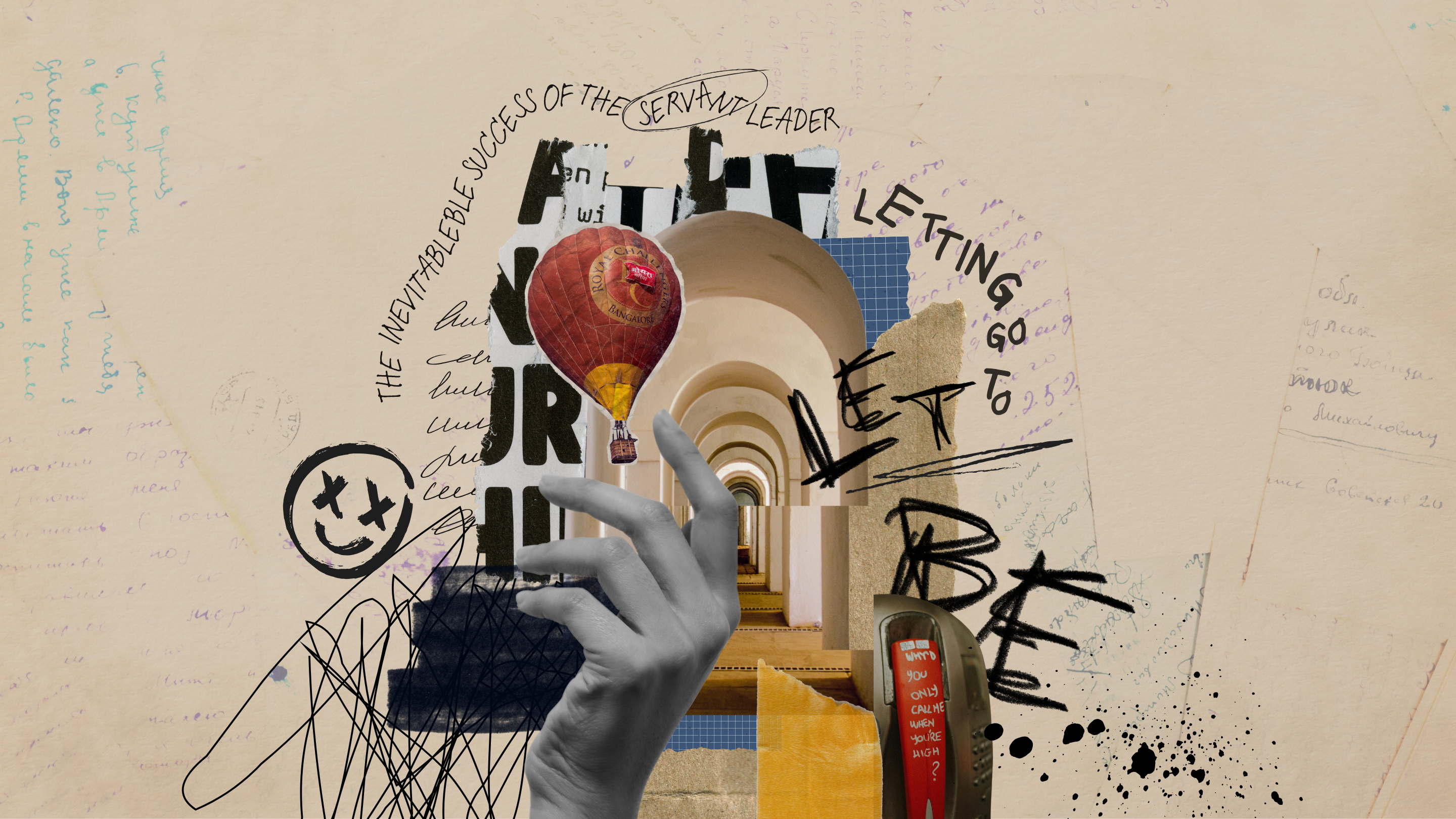
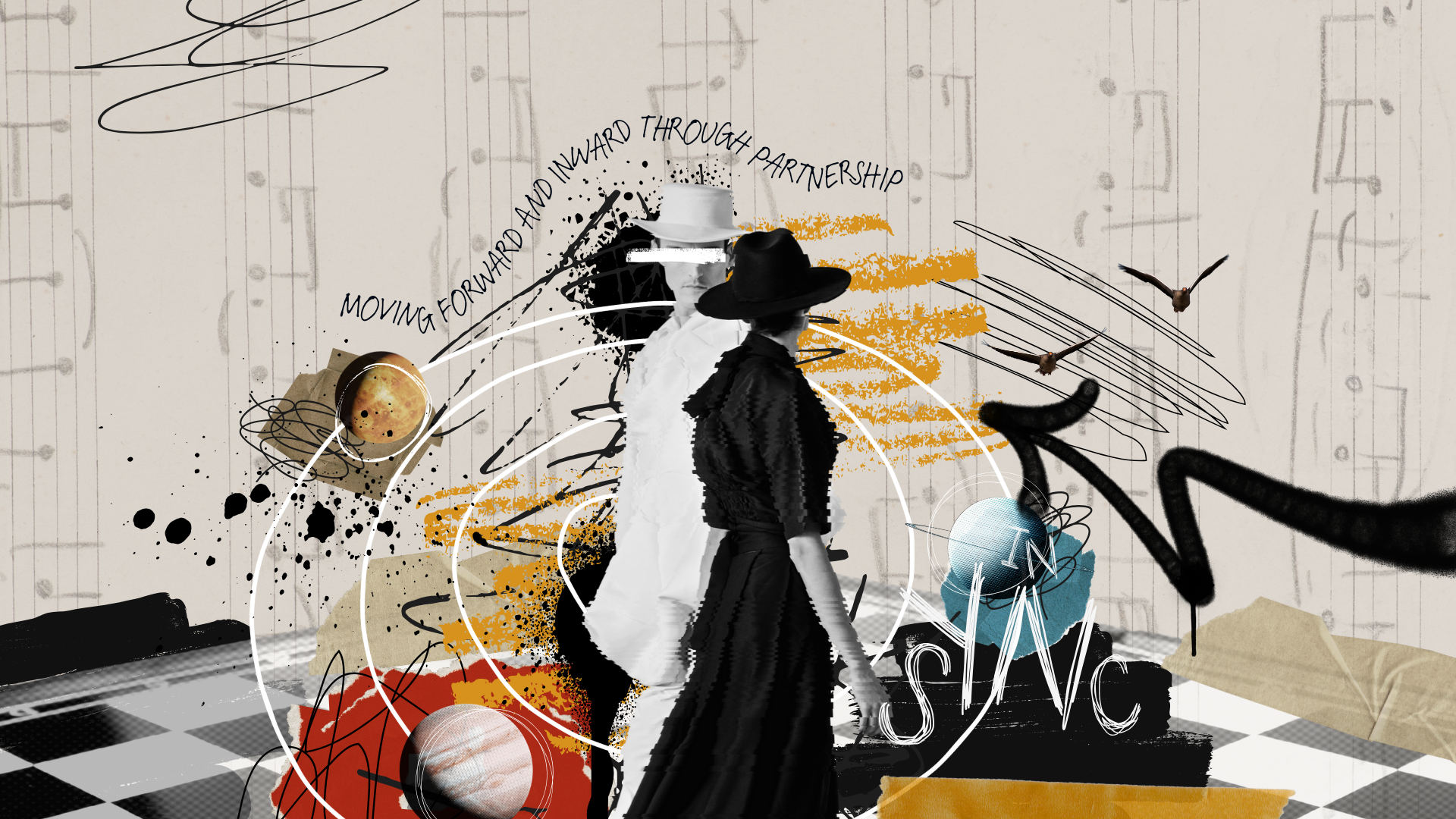
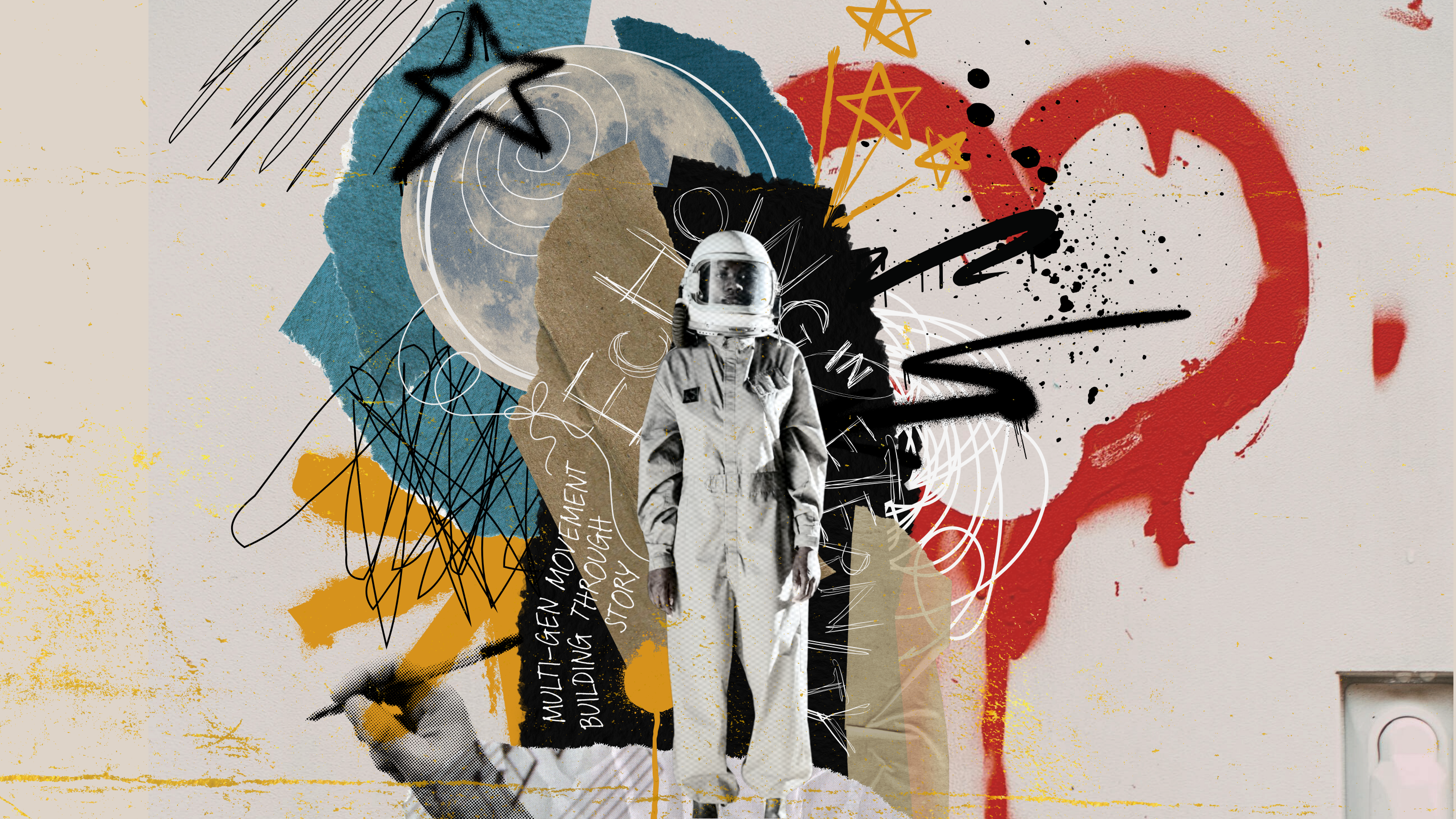
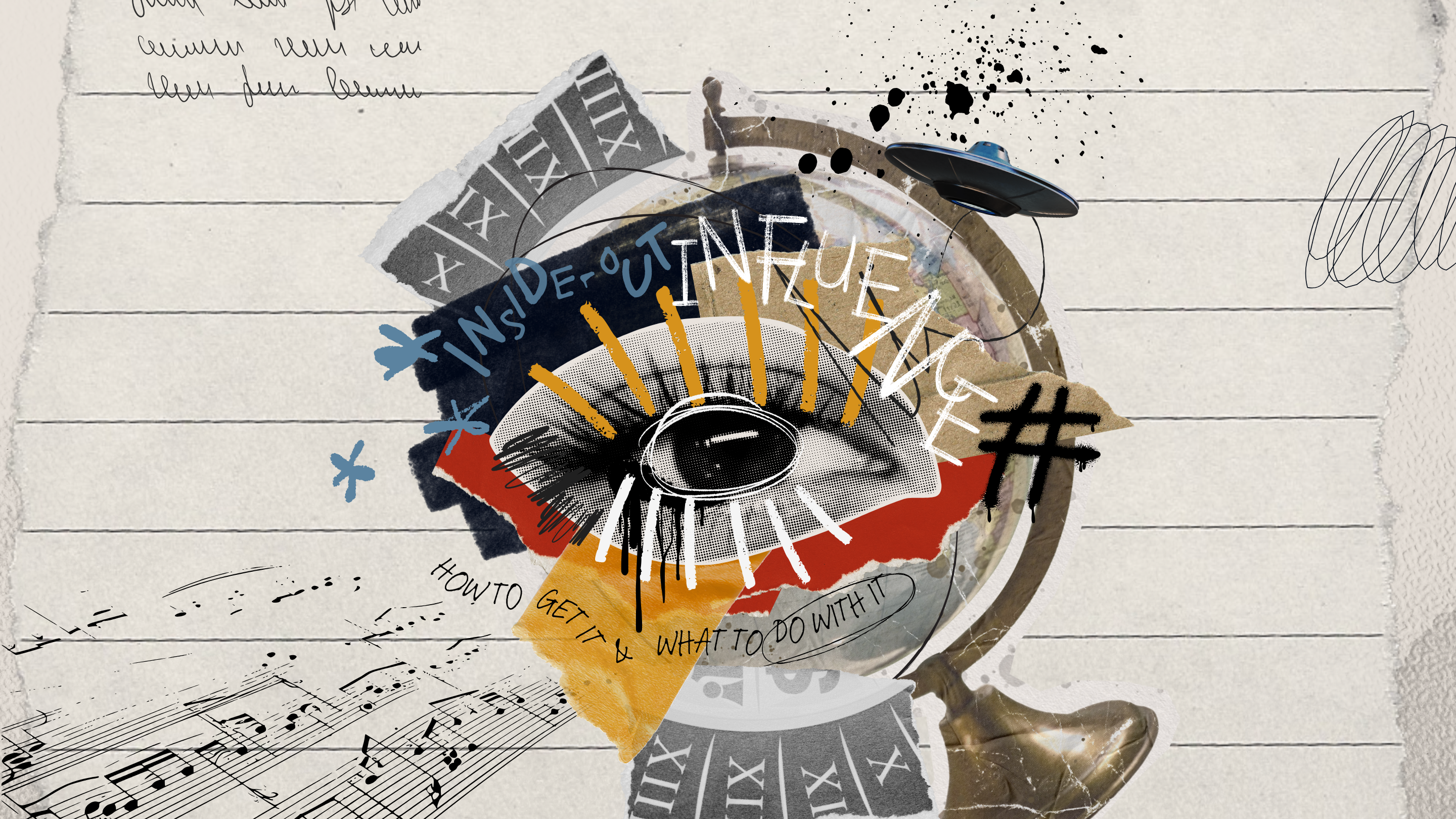
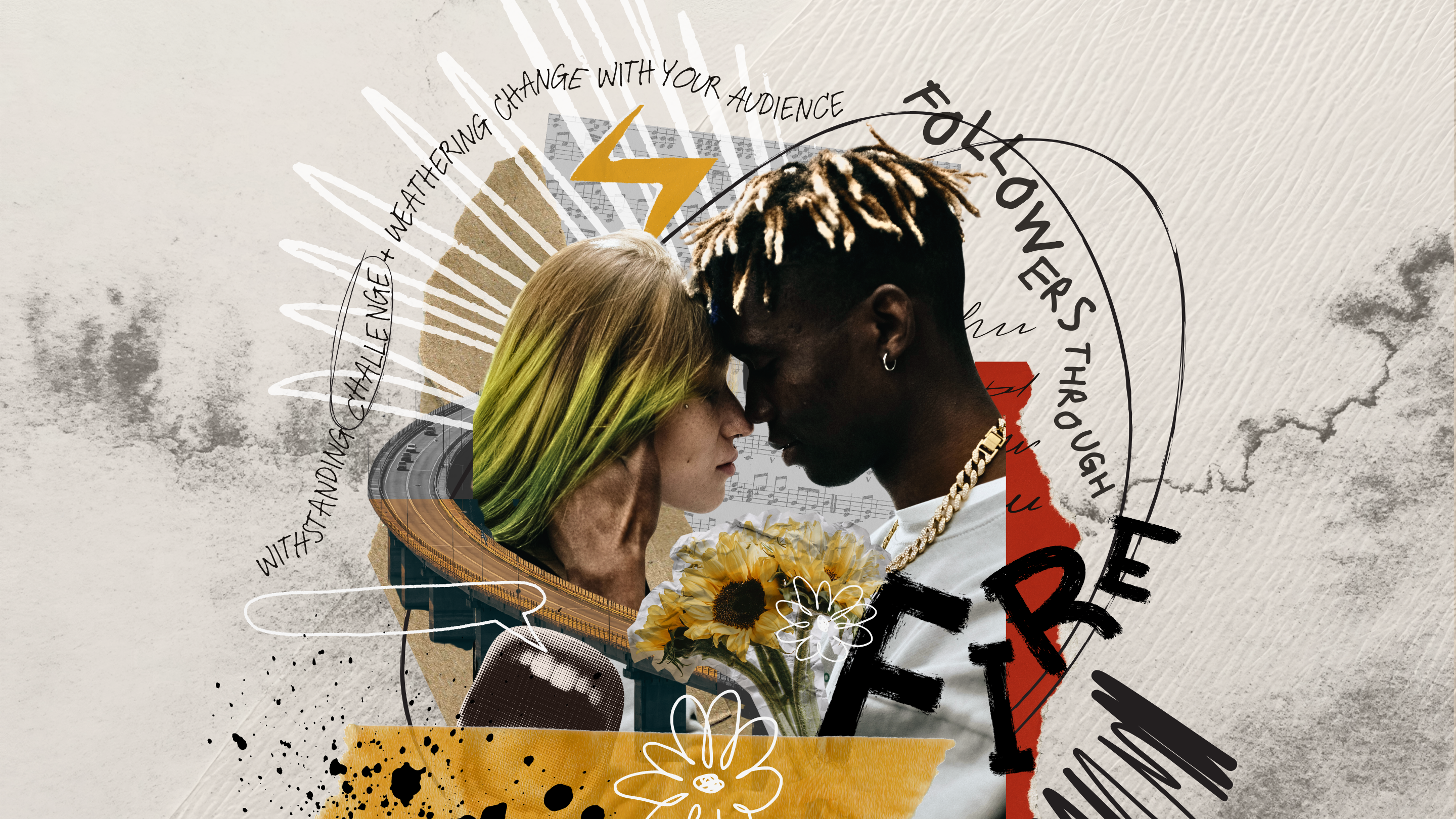
commentary
commentary